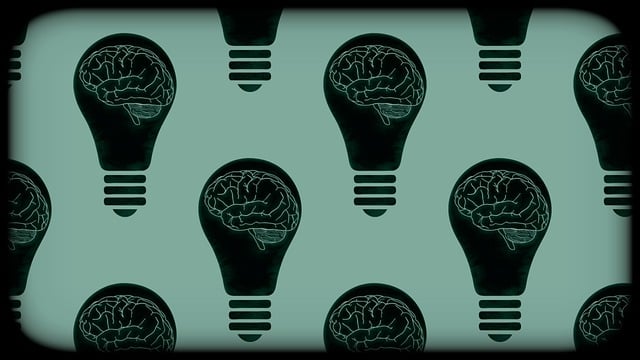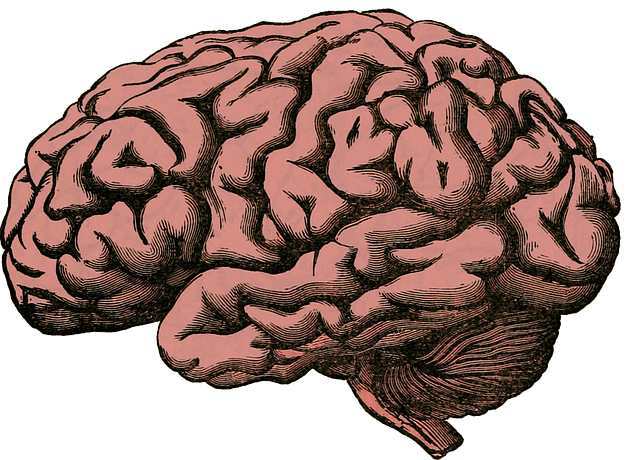Trauma impacts mental health through emotions, flashbacks, and physical symptoms, leading to long-term issues like chronic stress and relationship challenges. Parker EMDR Therapy, an innovative approach using Eye Movement Desensitization and Reprocessing, helps individuals process traumatic memories and improve their well-being. This therapy, combined with self-reflection and personal narrative journaling, enhances coping skills, emotional intelligence, and resilience. Accessible trauma support services, including group therapy, workshops, and training for healthcare providers, are crucial for healing. Case studies show Parker EMDR Therapy effectively reduces PTSD symptoms and improves quality of life in various settings like domestic violence programs and workplaces.
Trauma support services play a vital role in healing individuals affected by adverse experiences. This article explores comprehensive strategies for providing effective assistance, focusing on the power of Parker EMDR Therapy as a revolutionary approach. We delve into understanding trauma’s profound impact and its manifestation in various forms. By examining real-world case studies, we highlight successful implementations, demonstrating the transformative potential of a trauma-informed care system. Discover how this innovative therapy helps individuals reclaim their lives and fosters resilient communities.
- Understanding Trauma and its Impact
- The Role of Parker EMDR Therapy in Trauma Treatment
- Accessing and Delivering Effective Support Services
- Building a Comprehensive Trauma-Informed Care System
- Case Studies: Successful Implementation and Outcomes
Understanding Trauma and its Impact

Trauma is a profound and complex psychological experience that can leave lasting effects on an individual’s mental health and overall well-being. It stems from events or situations that are deeply distressing, threatening, or overwhelming, such as accidents, abuse, violence, or natural disasters. Understanding trauma involves recognizing its far-reaching impact, which can manifest in various ways, including emotional dysregulation, flashbacks, nightmares, avoidance behaviors, and even physical symptoms.
The impact of trauma doesn’t just affect the moment; it can have long-lasting consequences on a person’s life trajectory. Many survivors struggle with chronic stress, anxiety, depression, and relationship challenges. However, with the right support, individuals can heal and regain a sense of control. Evidence-based approaches like Eye Movement Desensitization and Reprocessing (EMDR) Therapy, guided by professionals, offer effective tools to process traumatic memories. Combining EMDR with Mind Over Matter principles and Compassion Cultivation Practices can empower individuals to transform their relationship with trauma, fostering mental wellness and resilience through journaling exercises that capture personal narratives and promote self-reflection.
The Role of Parker EMDR Therapy in Trauma Treatment

Parker EMDR Therapy has emerged as a highly effective approach to trauma treatment, focusing on helping individuals process and overcome distressing memories and experiences. This therapy technique is based on the principles of eye movement desensitization and reprocessing (EMDR), which aims to facilitate the brain’s natural healing process. By combining specific eye movements with cognitive techniques, Parker EMDR allows clients to confront and reframe traumatic memories, leading to significant improvements in their mental health.
One of the key strengths of this therapy is its ability to enhance coping skills development and emotional intelligence. Through structured sessions, individuals learn to manage stress more effectively and develop healthier ways of processing emotions related to trauma. This not only empowers them to cope with challenging situations but also fosters a deeper sense of resilience and self-awareness, enabling individuals to lead more fulfilling lives post-trauma.
Accessing and Delivering Effective Support Services

Accessing effective trauma support services is a critical step in the healing process for individuals who have experienced traumatic events. Many organizations now offer specialized programs to cater to this need, ensuring that help is accessible and tailored to diverse populations. One such evidence-based approach gaining recognition is Eye Movement Desensitization and Reprocessing (EMDR) Therapy, including Parker EMDR therapy methods. This dynamic therapeutic technique has proven successful in helping individuals process traumatic memories and reduce the intensity of associated emotions.
Delivering support services requires a structured yet flexible framework. Organizations should offer a range of options, such as individual therapy sessions, group support meetings, and specialized workshops focusing on stress management and building confidence. Additionally, training for healthcare providers on cultural competency is essential to ensure inclusive care. By combining these strategies, communities can create a comprehensive network that effectively reaches those in need and fosters a supportive environment for healing from trauma.
Building a Comprehensive Trauma-Informed Care System

Building a robust and comprehensive trauma-informed care system is essential for effectively supporting individuals who have experienced traumatic events. This involves integrating various therapeutic approaches, such as Parker EMDR Therapy, into healthcare services to address complex psychological needs. By adopting trauma-informed practices, mental health professionals can create safe and supportive environments that foster healing and resilience.
A well-structured system should encompass a range of resources, including specialized training for healthcare providers, accessible crisis intervention guidance, and innovative solutions like the Mental Wellness Podcast Series Production. These initiatives aim to prevent burnout among practitioners while ensuring individuals receive consistent and compassionate care. This holistic approach not only benefits survivors but also contributes to a healthier and more resilient community overall.
Case Studies: Successful Implementation and Outcomes

In recent years, numerous case studies have highlighted the successful implementation and positive outcomes of trauma support services, particularly through innovative therapeutic approaches like Parker EMDR Therapy. These studies demonstrate the effectiveness of tailored interventions in helping individuals overcome traumatic experiences and build resilience. One notable example involves a community-based program that utilized EMDR alongside traditional counseling methods to assist survivors of domestic violence. The results showed significant reductions in symptoms associated with post-traumatic stress disorder (PTSD), depression prevention, and improved quality of life.
The success stories extend beyond individual cases. On a larger scale, schools and workplaces have adopted trauma-informed practices, integrating EMDR therapy into their support systems to foster a culture of care and resilience-building. These initiatives not only address immediate trauma responses but also aim to boost confidence among participants, empowering them to navigate life’s challenges with enhanced emotional agility. The consistent positive outcomes reinforce the value of accessible, evidence-based trauma support services in fostering mental well-being within communities.
Trauma support services play a pivotal role in healing and recovery. By understanding the profound impact of trauma and implementing evidence-based practices like Parker EMDR Therapy, we can create comprehensive, trauma-informed care systems. Accessing and delivering effective support services is essential to ensuring that individuals affected by trauma receive the necessary treatment and ultimately, experience positive outcomes. Case studies demonstrate the success of these approaches, highlighting the importance of continuing to develop and refine trauma support strategies for a healthier future.














